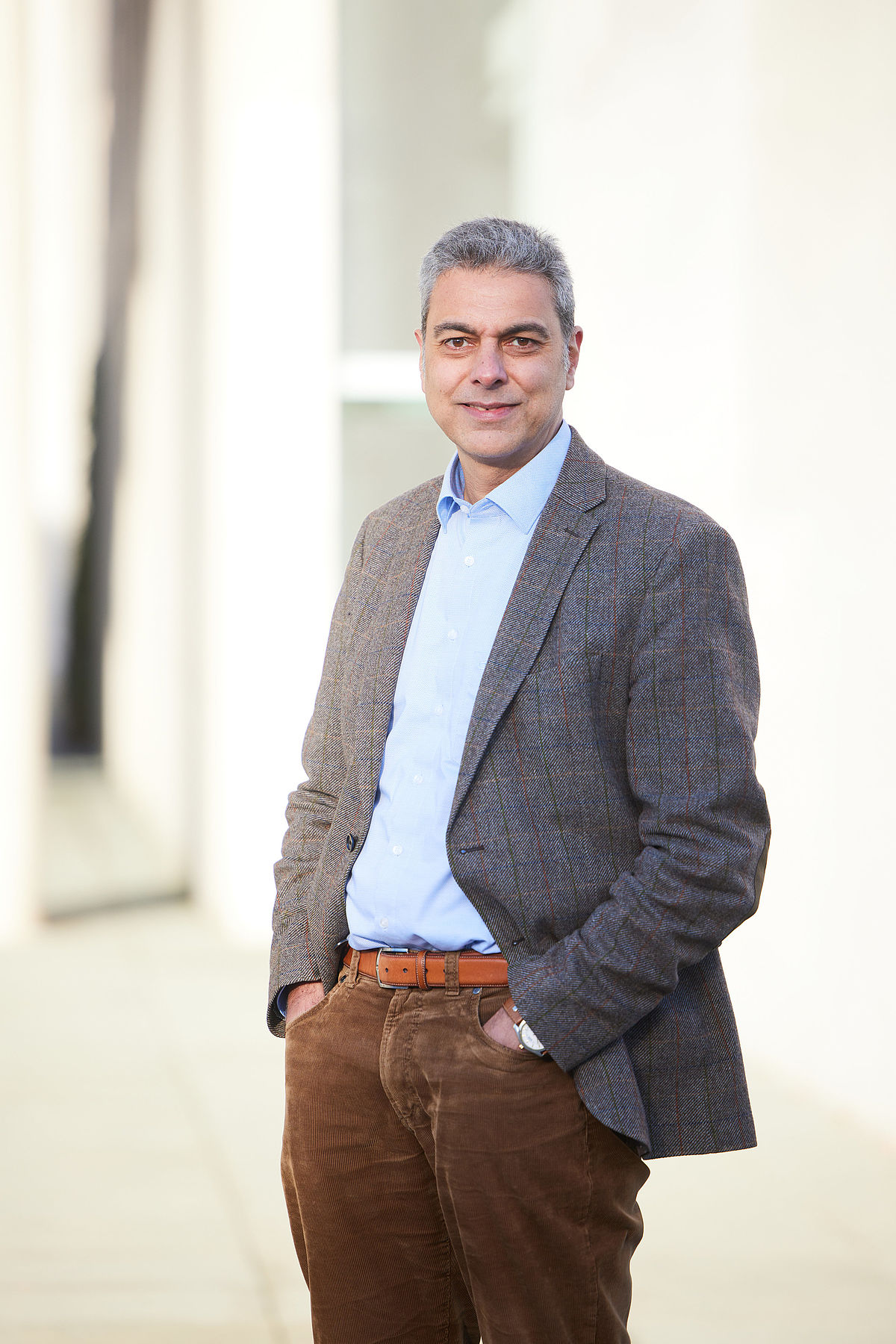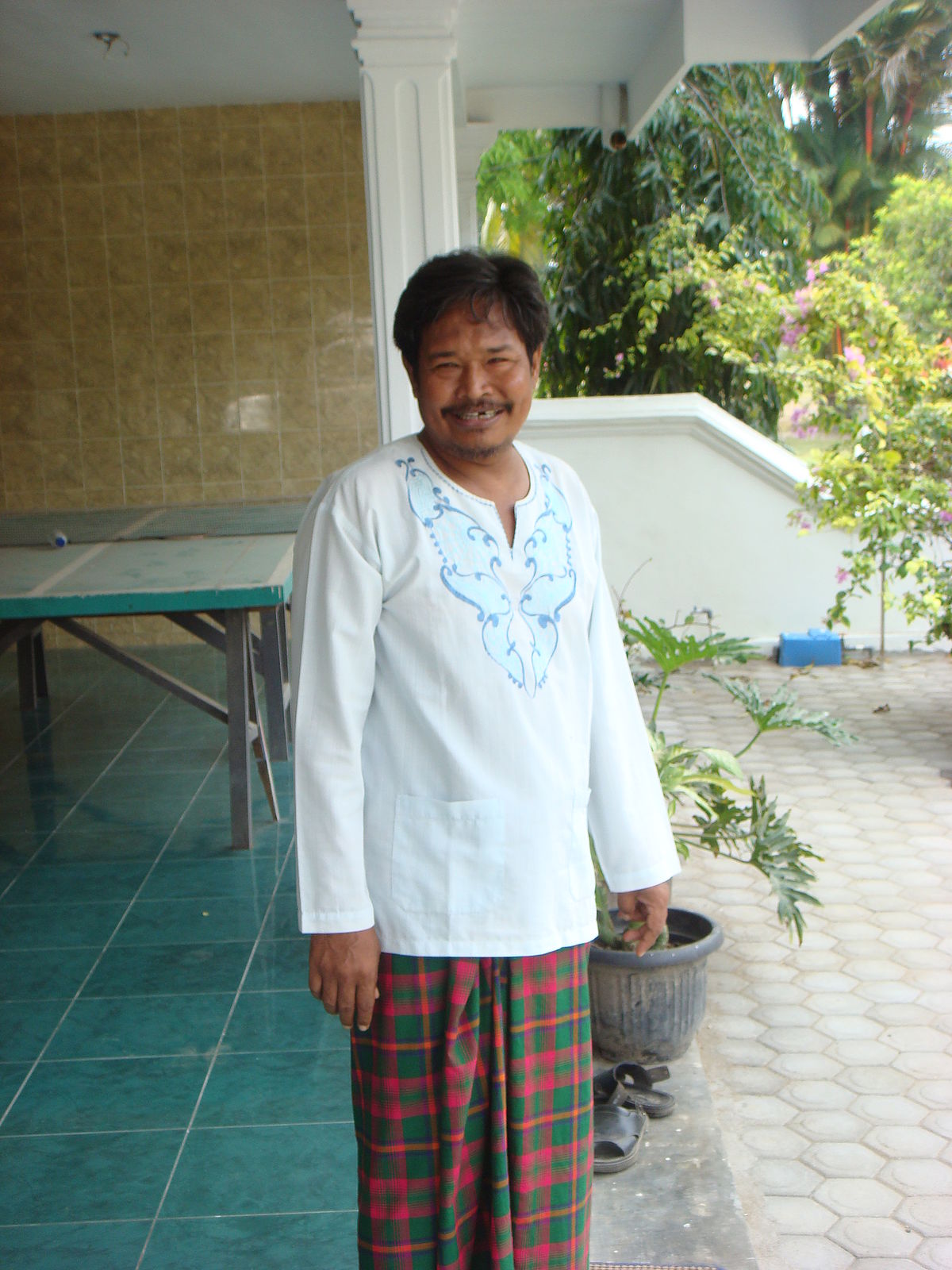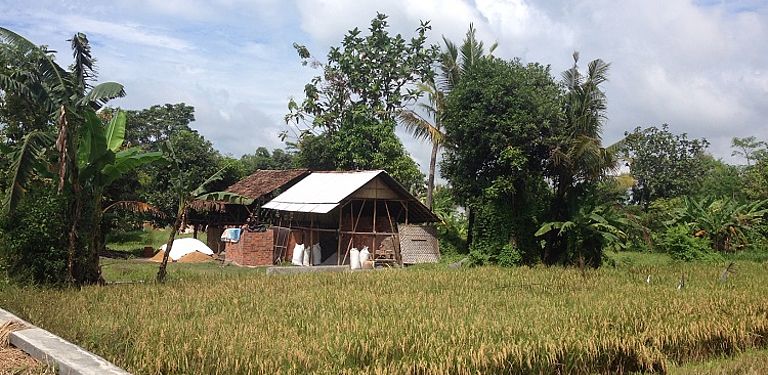Text: Nicola Jacobi.
Margarine, chocolate, biscuits, spreads, chocolate creams, convenience foods, packet soups – all these products and many more have palm oil in them. Palm oil production has long been the subject of criticism. Can it be done in a sustainable way? At the end of September, the University of Passau hosted a symposium that included a two-day workshop on the topic "Sustainability of palm oil production in Indonesia". It was an opportunity for leading experts to share their experiences and discuss research findings.
The oil palm yields more vegetable oil per hectare of cultivated land than other crops like soybean, rapeseed and sunflower
Dr. Matin Qaim, Professor at the University of Bonn
Over a ten-year period, Dr Matin Qaim, professor at the University of Bonn and director of the Center for Development Research (ZEF), studied the development of palm oil production in Indonesia, the world's biggest palm oil producer. "Most people in Germany and Europe associate palm oil with negative impacts," he says. "Palm oil plantations are partly responsible for the clearing of rain forests. Social concerns are also an issue because the plantations are grown by multinational enterprises. Our goal was to investigate whether the negative portrayal of palm oil is justified."
Ecological and social impact

One thing is for sure: In ecological terms, the expansion of palm oil plantations is a huge problem. From a social perspective, however, there are a number of positives as well: aside from big companies, many small-scale farmers produce palm oil as well, which enables them to improve their standard of living considerably. Qaim believes that strengthening the role of small-scale farmers should be part of the efforts to make palm oil production more effective and sustainable. "When small-scale farmers get to work the available land profitably, that is, without having to clear further forest areas, and manage to boost their income that way, there will be positive knock-on effects that encourage sustainable development."
He finds it important that people realize palm oil is not bad in itself. "The oil palm yields more vegetable oil per hectare of cultivated land than other crops like soybean, rapeseed and sunflower," explains the expert for food security, sustainability and development who is also a member of the German National Academy of Sciences Leopoldina. According to him, it is important to find ways and means to reconcile ecology and social economy, for instance by encouraging sustainable forms of production and having small-scale farmers actively involved. Europe could assist countries in Asia and Africa through appropriate development programmes in order to make palm oil production more sustainable.
DFG “Organic Farming” project: keys to success for organic farming in Indonesia
What motivates Indonesian farmers to convert to organic farming long-term? Nathalie Luck, an economist at the Chair of Development Economics at the University of Passau, is exploring this question in a DFG-funded field study.
Digital platforms are an important tool

Along with Dr Qaim, the symposium in Passau featured Dr Hermann Waibel (University of Hannover), Professor of Development and Agricultural Economics at the University of Hannover and expert for land use systems and agrarian transformations in developing countries, as well as Professor Siti Amanah from IPB University in Bogor, Indonesia. They took the opportunity to share their knowledge and experience in lectures and a two-day workshop.
The symposium was part of a two-day workshop inspired by two research projects currently being undertaken by the organiser of the symposium Professor Michael Grimm at the Chair of Development Economics of the University of Passau using funds provided by the German Research Foundation (DFG) and the German Federal Environmental Foundation (DBU). Various topics were discussed in a total of five different sessions. They included: training programmes targeting small-scale farmers and the potential of digital tools and smart technologies for the promotion of sustainable cultivation methods, the use of affordable soil tests for the sustainable use of fertilisers, various field research methods within the context of sustainable agriculture and the role of digital platforms.
Professor Grimm believes that digital platforms are key drivers of sustainable production: "Platforms offer an enormous opportunity to boost productivity, improve market access and sustainable development. What we need, however, is the support of governments to build and further strengthen the necessary infrastructure."
Professor Michael Grimm
What are the measures that enable developing countries to participate in global market processes?
What are the measures that enable developing countries to participate in global market processes?
Professor Michael Grimm has held the Chair of Development Economics of the University of Passau since 2012. He is also one of the Principal Investigators of the DFG Research Training Group 2720 "Digital Platform Ecosystems (DPE)". Prior to this, he held the posts of Professor of Applied Development Economics at Erasmus University Rotterdam, Visiting Professor at Paris School of Economics and Advisor for the World Bank in Washington, D.C. (United States).






